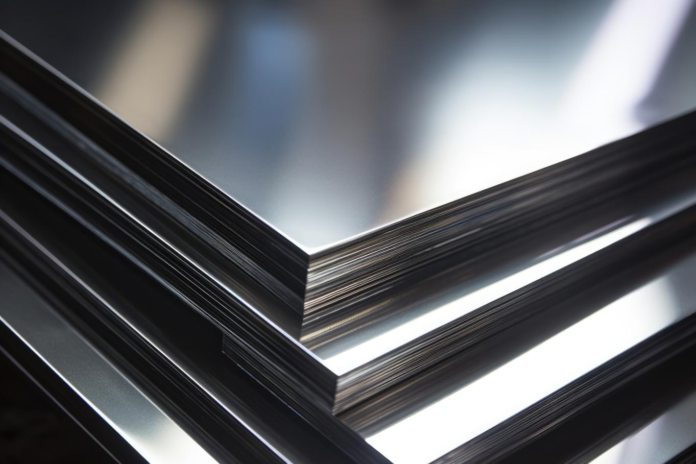Industrial metal fabrication represents a critical technological frontier, continuously pushing the boundaries of material science and engineering capabilities. Modern manufacturing processes have transformed metal production, enabling increasingly sophisticated approaches to material design and application. The metal industry’s ongoing evolution reflects a complex interplay of technological innovation, material research, and practical engineering challenges that demand ever-more precise and adaptable solutions.
Fundamentals of Aluminium Plate Technology
Aluminium plate emerges as a pivotal material in contemporary industrial engineering, distinguished by its exceptional performance characteristics. Advanced metallurgical techniques have refined aluminium plate production, creating materials with remarkable strength-to-weight ratios and remarkable versatility. Engineers and designers consistently leverage these plates across multiple sectors, recognizing their potential to solve complex structural and functional challenges in ways traditional materials cannot match.
Structural Integrity and Performance
Metal fabrication demands materials that can withstand extreme operational conditions while maintaining optimal performance. The intrinsic properties of modern metal plates enable engineers to design components that balance lightweight construction with exceptional durability. Precision manufacturing processes have dramatically expanded the potential applications, allowing for increasingly complex and sophisticated metal configurations that meet the most demanding technical specifications. Computational modeling and advanced testing methodologies have further enhanced the ability to predict and optimize material performance, enabling more sophisticated and reliable engineering solutions.
Technological Applications and Innovations
Advanced industries rely on specialized metal materials to drive technological progress. From aerospace engineering to sophisticated industrial machinery, metal plates serve as fundamental building blocks of innovation. The ability to customize material properties through advanced alloying and treatment processes has revolutionized how engineers approach complex design challenges, enabling solutions that were previously considered impossible.
Marine Grade Aluminium and Material Selection
The marine grade aluminium represents a pinnacle of metal engineering, offering unparalleled performance in challenging maritime environments. These specialized plates demonstrate extraordinary resistance to corrosion, structural degradation, and extreme environmental conditions. Naval architects and marine engineers select these materials for critical applications where traditional metals would rapidly deteriorate, ensuring extended operational lifespans and enhanced safety in marine transportation and offshore infrastructure.
Future Prospects and Research Directions
Ongoing research continues to expand the boundaries of metal fabrication technologies. Emerging developments focus on creating increasingly sophisticated material configurations that offer enhanced performance, reduced environmental impact, and expanded application potential. Nanotechnology, advanced computational modeling, and innovative manufacturing techniques promise to unlock new possibilities in metal plate engineering. Interdisciplinary collaboration between materials scientists, engineers, and industry experts is driving unprecedented innovations that challenge traditional understanding of material capabilities and performance limitations.
Global Impact and Technological Transformation
The continuous advancement of metal fabrication technologies represents more than a technical achievement. These innovations fundamentally transform how industries approach design, manufacturing, and problem-solving. Aluminium plates stand as a testament to human ingenuity, demonstrating the remarkable potential of material science to address complex global challenges and drive technological progress across multiple sectors. The ongoing evolution of metal fabrication technologies reflects broader trends of innovation, sustainability, and technological advancement that are reshaping industrial capabilities on a global scale.
Conclusion
The evolution of aluminium plate technology highlights the significant potential of material science in driving industrial innovation. From maritime applications to advanced engineering solutions, these versatile materials continue to expand the possibilities in metal fabrication. Dinco Trading LLC plays a key role in supporting this progress by offering high-quality aluminium plates sourced from reputable mills worldwide. As technological advancements continue, the company remains committed to delivering solutions that foster sustainability and innovation.

